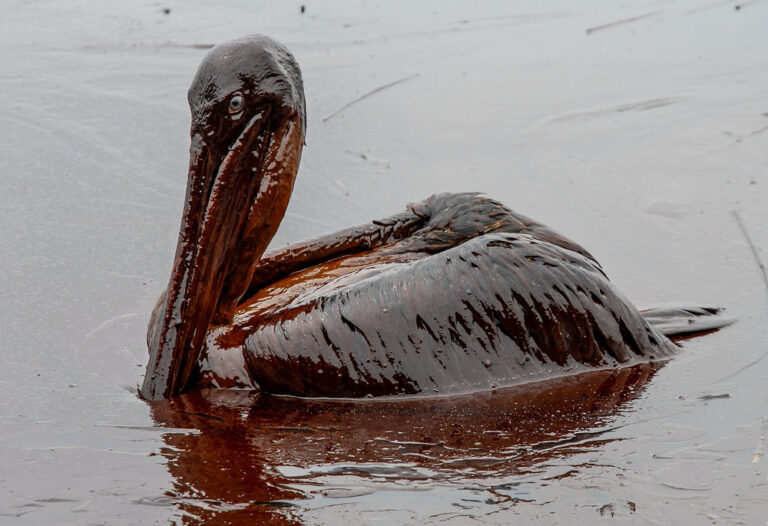South Africa’s parliament is engaging with key stakeholders on a proposed law aimed at strengthening the country’s preparedness and response to marine oil pollution.
The Select Committee on Public Infrastructure, alongside the Minister in the Presidency, recently heard oral submissions on the Marine Oil Pollution (Preparedness, Response and Cooperation) Bill, which seeks to incorporate provisions of the International Convention on Oil Pollution Preparedness, Response and Cooperation (OPRC) into domestic law.
As a signatory to the OPRC Convention, South Africa is obligated to adopt measures that mitigate the risks of oil spills in its maritime domain.
Committee chairperson Rikus Badenhorst noted that combating marine oil pollution is not just an environmental necessity but an economic, social and legal imperative.
“The destruction of marine habitats, the violation of environmental rights and the significant threats to livelihoods, particularly those dependent on the ocean economy, demand decisive legislative action,” Badenhorst said.
The hearings featured submissions from several environmental organisations, including the Biodiversity Law Centre, BirdLife South Africa, the Green Connection, and Natural Justice.
Stakeholders raised concerns about delays in coordination between agencies and government officials during oil spill incidents, which allow pollution to persist unchecked.
They also stressed the need for transparent compensation mechanisms for affected communities and the integration of traditional ecological knowledge into oil spill response frameworks.
The committee underscored the importance of including traditional healers in discussions, recognizing their deep connection to the ocean and role as custodians of cultural heritage.
The bill is currently in the public participation phase across the provinces.
JN/APA


